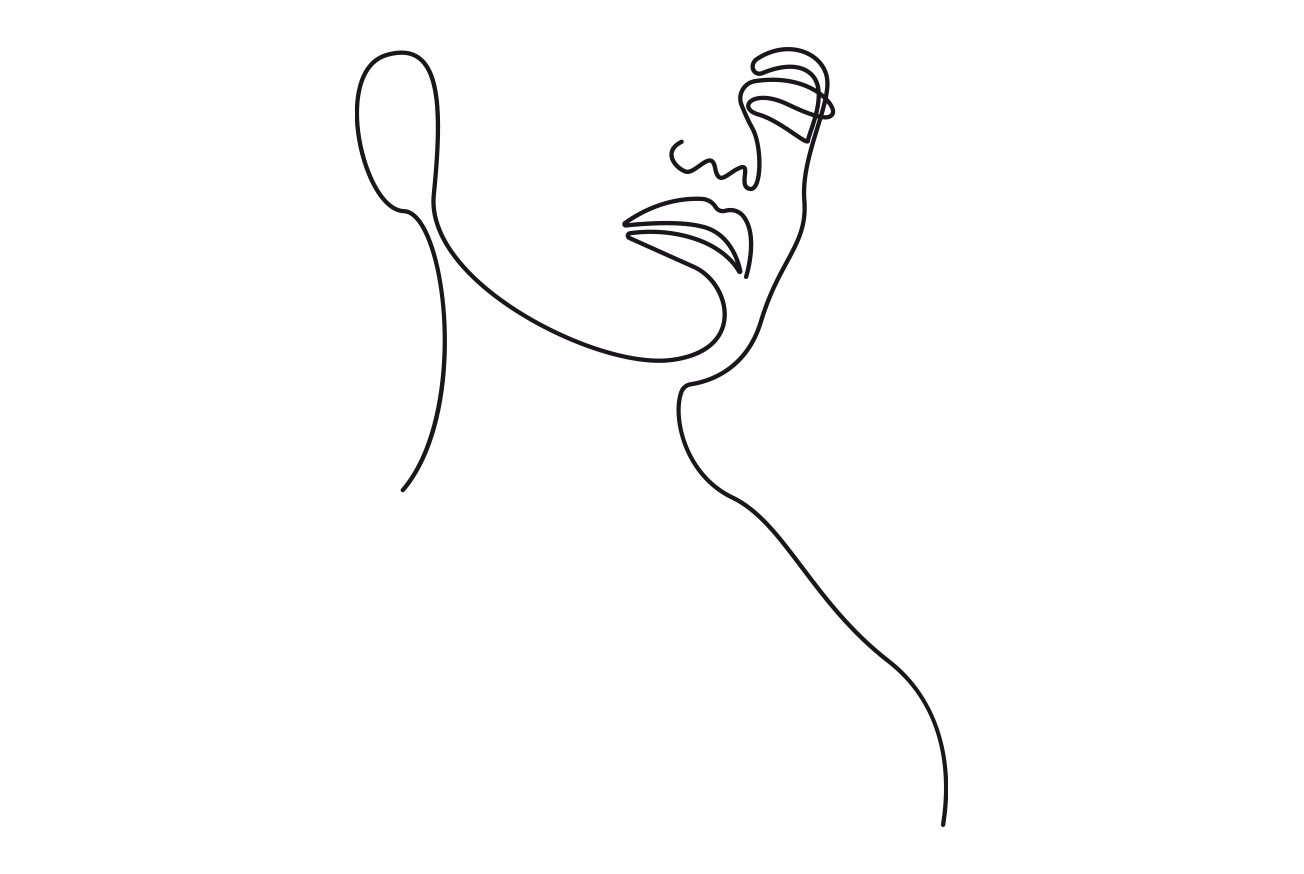
“Look at how a single
candle can both defy and
define the darkness.”
—Anne Frank
Los Angeles
Counseling & Therapy
We believe that there is healing through connecting, and that feeling safe and comfortable with your therapist is paramount. Therapy can seem intimidating and even daunting at times, and it can also be exciting and fulfilling. Therapy provides you with the unique opportunity to explore your experiences in a safe, objective, and non-judgemental space.
Modalities
-

Individuals
In individual therapy, a person is free to express themselves and explore their experience in the world to better make sense of their life and increase their fulfillment. We create a space that allows a person to feel seen and heard, find skills to manage difficult emotions and experiences, and create a life worth living.
-

Relationships
We approach relationship therapy by examining partners as a unit or system and exploring the unhealthy dynamics causing distress to the relationship. Relationship therapy encourages partners to learn new ways of communicating with each other, engaging in re-establishing trust, and increasing intimacy. We work to bring partners closer together and find increased satisfaction in the relationship by providing concrete tools to address underlying issues.
Specialities
-
ADHD
ADHD is a neurological disorder of Executive Function. Executive Functions include: Planning, Time Management, Metacognition, Self-Control, Working Memory, Flexibility, Attention, Organization, Task Initiation, and Perseverance. People who have ADHD may find themselves- unable to sit still, struggling to stay on task, losing track of time or having a hard time tracking time, forgetting small and/or very important things, and acting impulsively. In addition to struggling with the immediate consequences of managing these Executive Functions, a neurodiverse person often also experiences depression, anxiety, and shame. We treat ADHD using a combination of DBT Skills, MBSR, and ACT.
-
Anxiety
Anxiety can be crippling and leave a person feeling helpless and stuck. Fear perpetuates anxiety, and often causes an otherwise healthy person to withdraw and isolate to protect themselves. This isolation increases fear, and thus the cycle of anxiety traps a person. Anxiety can be treated through a variety of interventions including DBT Skills, MBSR, and Somatic Therapy.
-
Trauma
Trauma is defined as anything that happens to a person or anything witnessed that the individual did not have the skills to cope with at the time. Immediately following a traumatic event people often feel shock or denial. Trauma responses vary greatly from person to person but can include severe mood swings, increased alertness, unwanted thoughts or nightmares, insomnia, headaches, nausea, and generally feeling unsafe. We treat trauma using Somatic Therapy, Prolonged Exposure for PTSD, DBT Skills, MBSR, CBT, and ACT.
-
Substance Abuse
Substance abuse can leave a person feeling out of control of their own life. When a person abuses substances, their ability to function in their relationships, jobs, education and other areas of life suffer. The substance use can become the top priority in a person's life and prevent them from being able to manage activities of daily living, including basic hygiene. Often, a person uses substances in order to cope with something they do not have the skills to manage on their own. We treat substance abuse via DBT-SUD, CBT, MBSR, and ACT.
-
Depression
Depression can feel like lack of energy, overwhelming sadness, and despair. It can suck the joy out of activities and interests one used to enjoy, and extinguish motivation to seek out new experiences. We approach depression treatment with DBT, CBT, ACT, and Somatic Therapy.
-
Self-Esteem Issues
Self-esteem issues present themselves for a variety of reasons, and can be perpetuated by mental health issues. Low self-esteem is characterized by low self-worth, and a lack of belief in oneself. Thoughts like, "I'm worthless," or "I'm not good enough," haunt the person. Feelings such as shame or guilt accompany self-esteem issues. Self-esteem issues can be treated through CBT, ACT, MBSR and DBT, and Somatic Therapy.
Chat with us.
If you would like more information about our clinical services or want to schedule a consultation, reach out now.